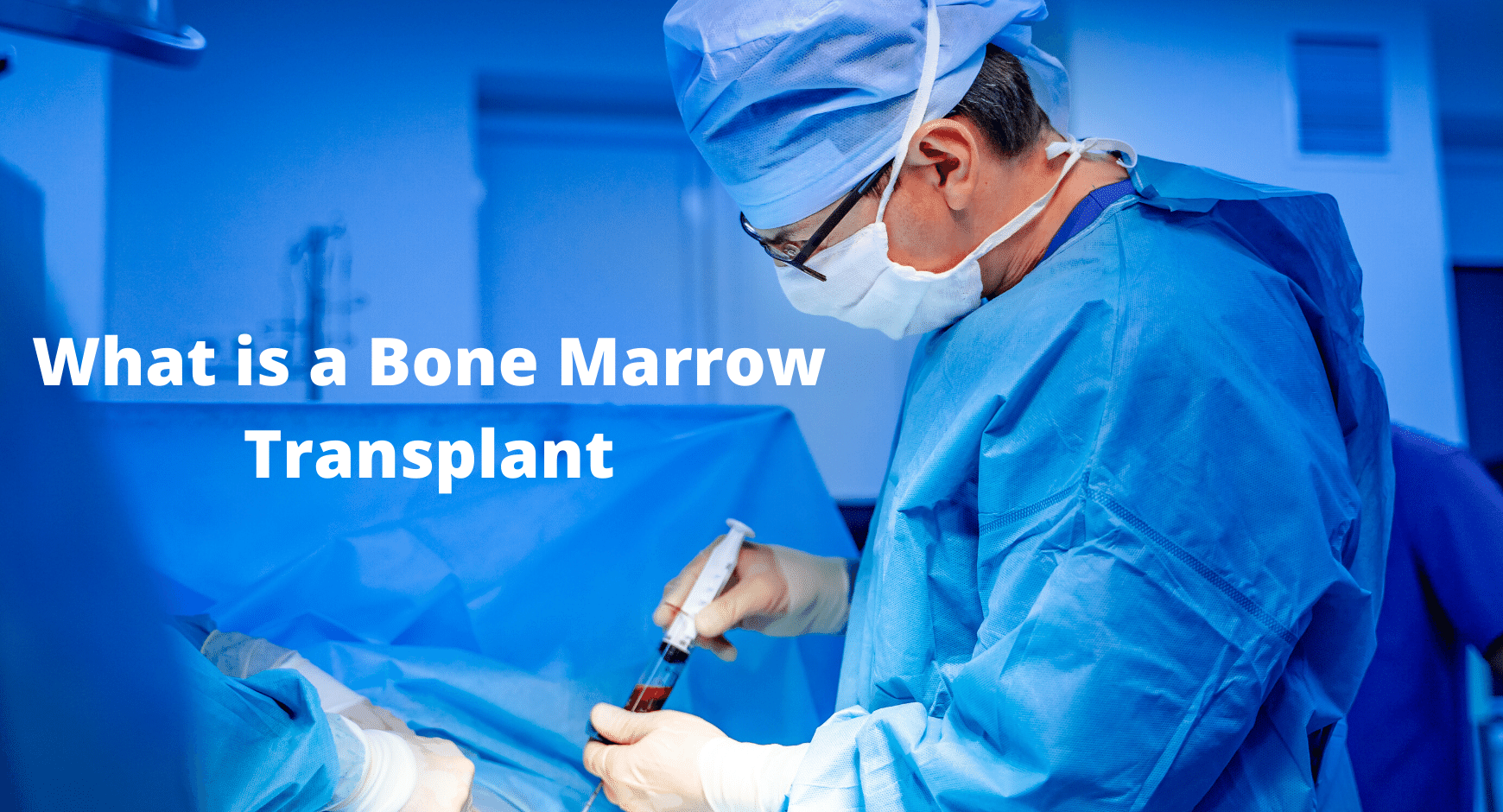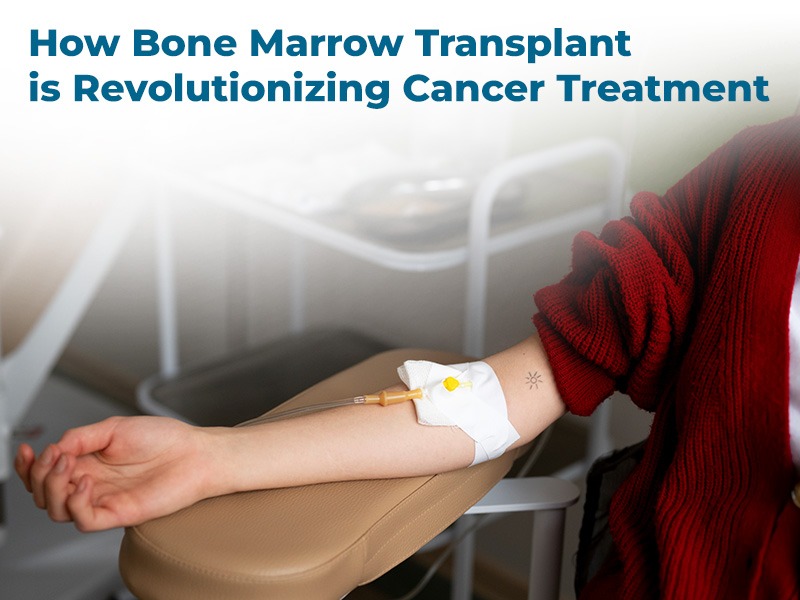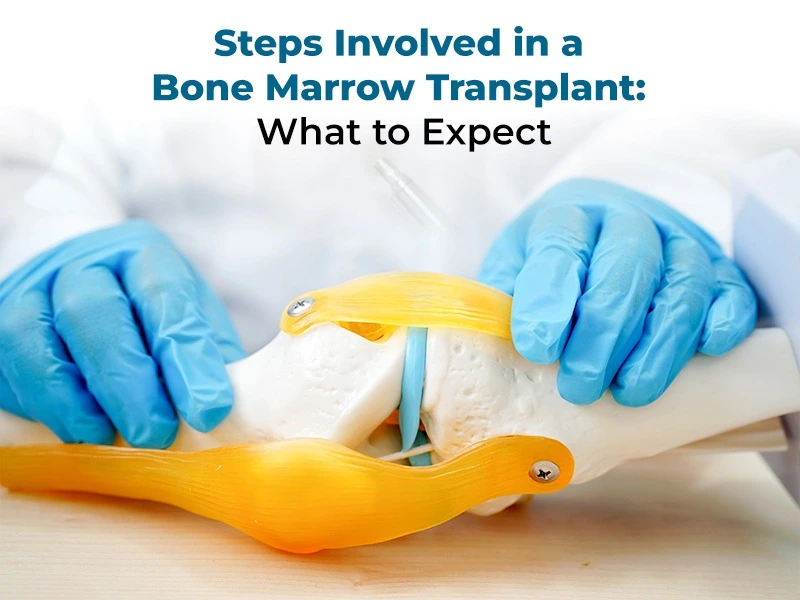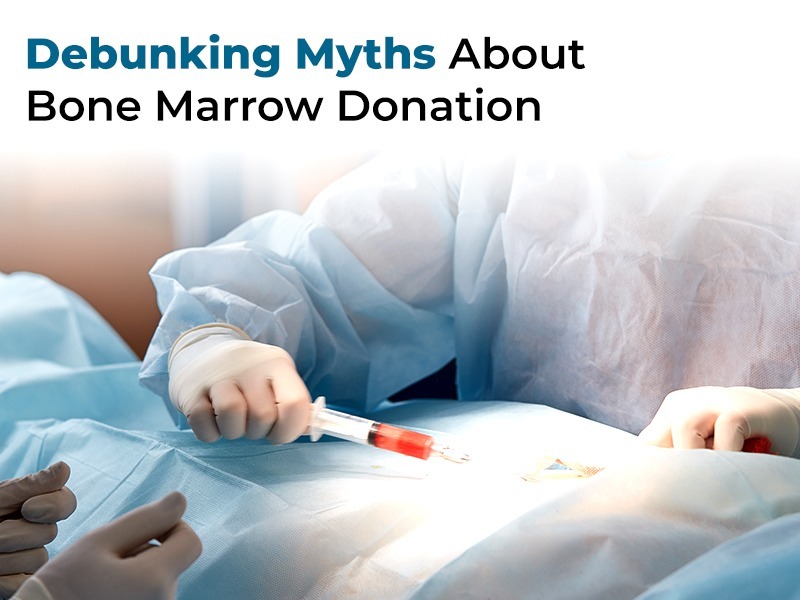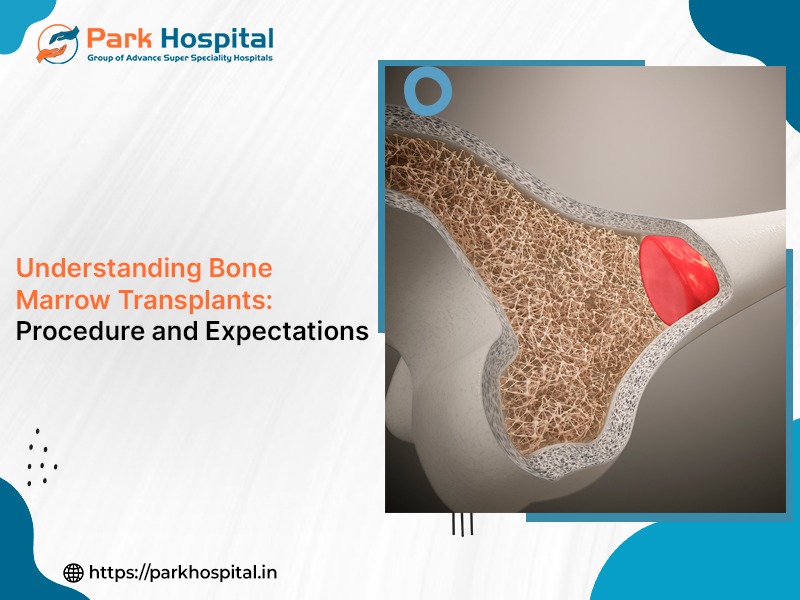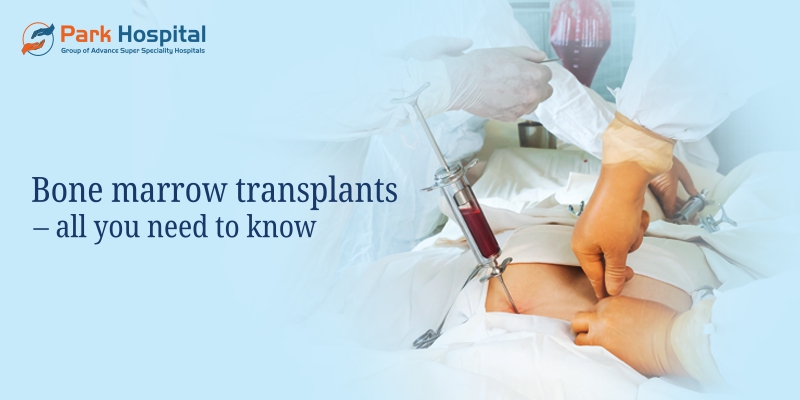Dr Edmund Waller, MD, PHD says, “Bone marrow is a factory that normally makes all of the cells in your blood.”
- Red blood cells to pump oxygen throughout the body
- White blood cells to fight infections
- Platelets to hold blood in the body
General procedure for the working of Bone Marrow Transplant
Chemotherapy is the first treatment given to kill diseased blood-forming cells and marrow before proceeding for the Bone Marrow Transplant. Then, healthy cells are transferred in your bloodstream (Not a surgery). An intravenous (IV) line is used to put healthy cells into the bloodstream. It’s an ordinary procedure of getting blood through an IV.
The cells automatically find their way to the marrow and start to make new healthy cells and platelets in the blood.
There are so many diseases that can be treated under BMT, where some of them include:
- Blood cancers like leukaemia or Hodgkin’s or Non-Hodgkin’s lymphoma
- Immune system or genetic problems such as Sickle Cell Disease
- Aplastic Anaemia
- High Risk AML & Relapsed AML
- Myeloma
Recovery Time:
The patient takes around 6–12 months for a full recovery and to resume regular life activities like a normal person.
Why one may need Bone Marrow Transplant?
The medical procedure of bone marrow transplant is needed when a person’s marrow becomes unhealthy and stops functioning properly. This condition may arise due to severe infections, diseases, or cancer treatments.
Types of BMTs?
Majorly, there are two types of transplants, given as per the requirement of the patient.
Autologous Transplants
This is the procedure which uses a patient’s own stem cells for the treatment. The process involves carrying out the healthy cells out of your blood before destroying the damaged cells with the help of Chemo. After chemotherapy, all those healthy cells are returned to your blood.
However, this type of transplant can only be performed if the patient has its own healthy bone marrow.
Allogeneic Transplants
This treatment needs a donor for healthy bone marrow. The donor’s bone marrow should be a very close match to the patient’s bone marrow. Allogeneic transplants become necessary when the patient has lost the whole healthy bone marrow system in the blood.
Complications after Bone Marrow Transplant:
The Bone Marrow Transplant is one of the most complicated medical procedures, which can let you experience the following problems:
- Headache
- Pain
- Difficulty breathing
- Chills
- Fever
- Nausea
- Low blood pressure
All the above complications stay not for a long, depending on the age, overall health, and the type of transplant.
Also, very rare cases may experience serious complications like:
- Transplant failure, means the new marrow do not start producing cells
- Cataracts
- Damage to vital organs
- Blood infections
- Diarrhoea and Vomiting
- Bleeding in the lungs, brain or other parts of the body
One of the safest and advanced Bone Marrow Transplant centres, the unit of Park Hospital in Gurgaon offers hi-tech and luxurious facilities under the surveillance of genius and highly experienced doctors.

